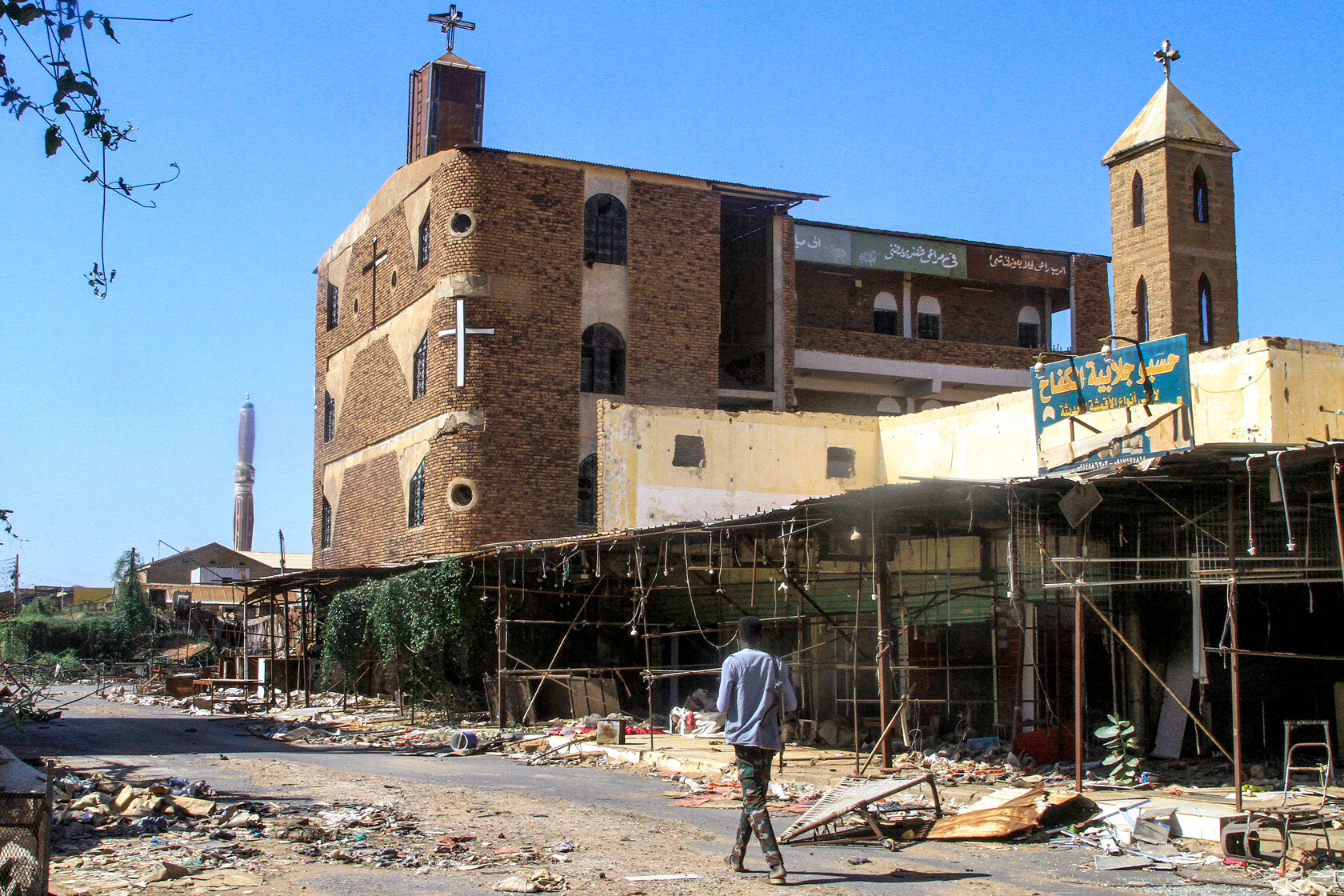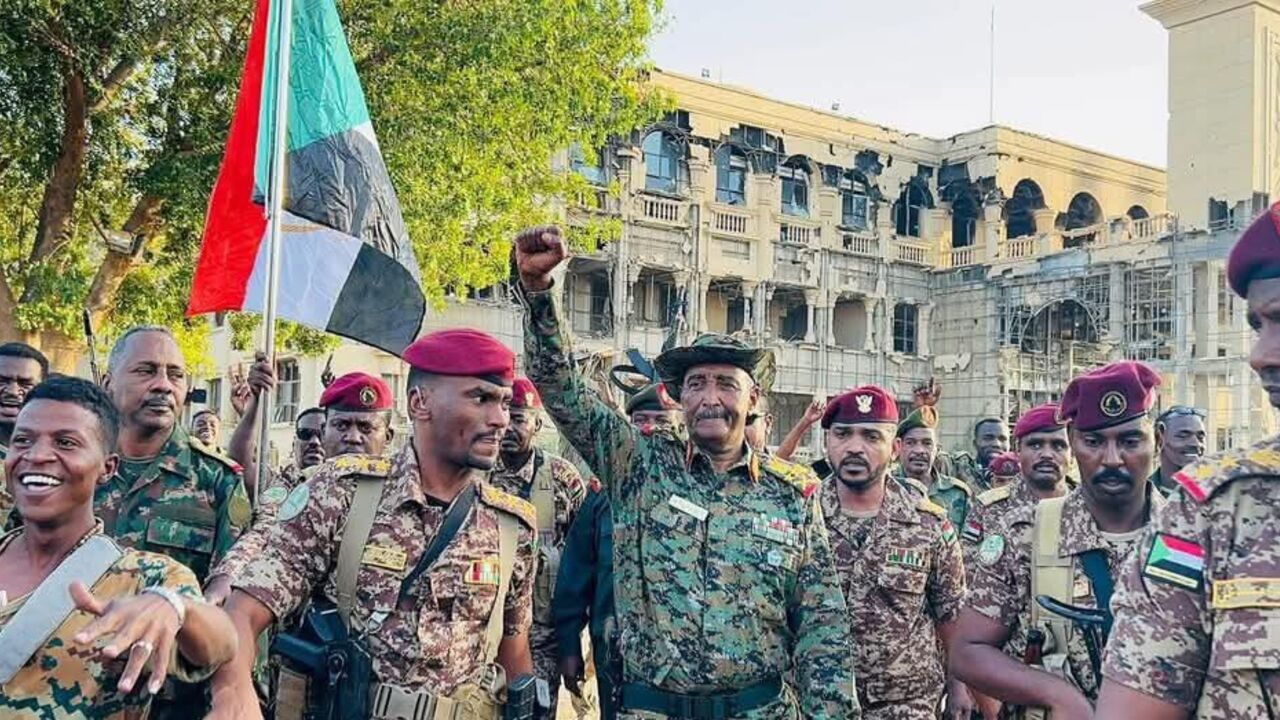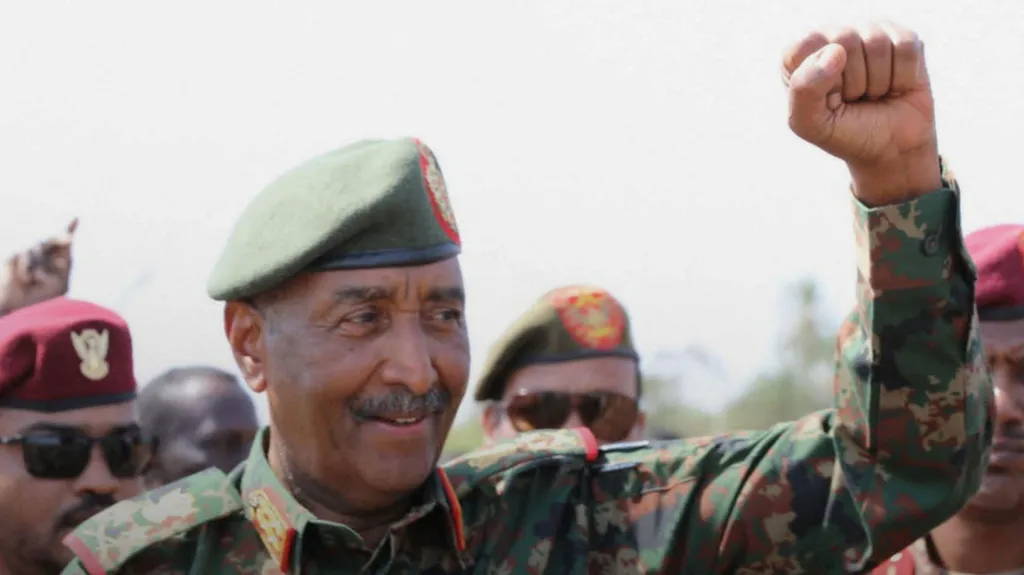
The UAE is fueling the ongoing Sudanese crisis by providing military support—including arms shipments, weapons, and other military technology—to the paramilitary Rapid Support Forces (RSF) led by Mohamed Hamdan Dagalo, known as “Hemedti.” In March 2024, Sudan’s Permanent Representative to the United Nations accused the UAE of violating the United Nations’ arms embargo by supplying weapons, armored vehicles, and drones to the RSF. Despite the UAE’s denial, Amnesty International provided compelling proof that Emirati-made armored personnel carriers (APCs) and other military aid have entered Sudan. Furthermore, TheNew York Times cited evidence of an Emirati weapons smuggling operation under the guise of humanitarian aid. And another 2024 U.N. Security Council report detailed how the UAE established weapons channels to the RSF through its networks in Libya, Chad, the Central African Republic, South Sudan, and Uganda—disguising the arms and supplies as humanitarian aid.
In Sudan, the transfer of weapons is inextricably linked to trade in valuable minerals, primarily gold. The RSF controls the gold mines in South Darfur—including the Al Junaid mine. Together, these mines generate billions of dollars of gold using forced labor, including child labor, much of which flows out of Sudan to neighboring buyers. The UAE is a top destination for gold smuggled from Sudan.
The illicit gold trade via the UAE has made Hemedti one of the country’s wealthiest individuals, and has allowed the RSF to fund its military operations, acquire weapons, pay salaries, fund media campaigns, lobby, and buy the support of other political and armed groups. The smuggling of Sudanese gold—often through shell companies—has also allowed the RSF to bypass international sanctions.
Sudan—a nation buoyed by the promise of a democratic transition just five years ago—is now gripped by a violent civil war: a power struggle driving the worst displacement crisis and largest humanitarian crisis in the world today. Since April 2023, 150,000 people have died and 14.6 million have fled their homes. Today, more than half of Sudan’s population of 48 million faces acute hunger. A steady stream of weaponry and gold trade has fueled the conflict and prolonged the humanitarian crisis, financing the warring parties and enriching their foreign sponsors—chiefly among them, the United Arab Emirates (UAE). The continued flows of guns and gold have turned the Sudan conflict into a proxy war, complicating pathways to peaceful resolution. If the United States is to assist in bringing the war to a conclusion, Congress must play a stronger role in raising the costs for the foreign actors perpetuating the conflict and ensuring there is sufficient foreign aid to support the Sudanese people.


